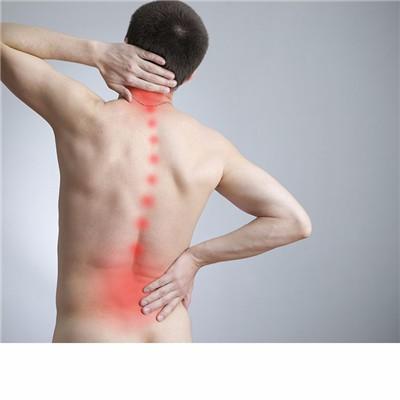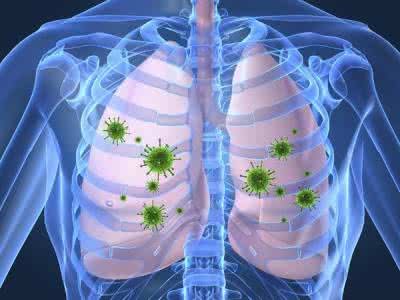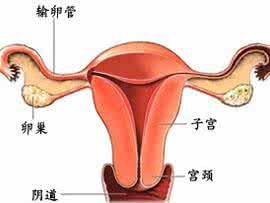What examination should dilated cardiomyopathy of old people do?
summary
Dilated cardiomyopathy in the elderly is a common medical disease, which often alternates with hypertension, coronary heart disease and heart disease in the elderly. Experts remind parents friends: due to the elderly dilated cardiomyopathy during the onset, the harm to the human body is very big. Therefore, if you suspect that you have dilated cardiomyopathy in the elderly, you should be examined as soon as possible. What examination should dilated cardiomyopathy of old people do? Next, I'd like to share my views with you.
What examination should dilated cardiomyopathy of old people do?
X-ray examination: enlargement of the heart was the prominent manifestation, mainly left ventricular enlargement, accompanied by right ventricular enlargement, and also left atrial and right atrial enlargement. Echocardiography: left ventricular enlargement, left ventricular outflow tract dilation, ventricular septum and left ventricular posterior wall pulsation amplitude decreased.
ECG: different degrees of atrioventricular block, right bundle branch block is common. Extensive ST-T changes, left ventricular high voltage, left atrial hypertrophy, due to myocardial fibrosis can appear pathological Q wave, each lead low voltage.
Isotopic examination: myocardial perfusion imaging mainly showed enlargement of cardiac cavity, especially enlargement of both ventricles. Myocardial imaging showed diffuse sparsity. Endomyocardial biopsy: the clinical manifestations and auxiliary examinations of dilated cardiomyopathy are lack of specificity. In recent years, endomyocardial biopsy has been carried out at home and abroad, which has high sensitivity and low specificity in the diagnosis of dilated cardiomyopathy.
matters needing attention
Once diagnosed, patients are often high tension, anxiety, depression, serious concern, frequent medical treatment, urgent need to use drugs to control symptoms. Avoid smoking, drinking, overwork, tension, excitement, overeating, indigestion, cold and fever, excessive salt intake, low blood potassium and magnesium.












